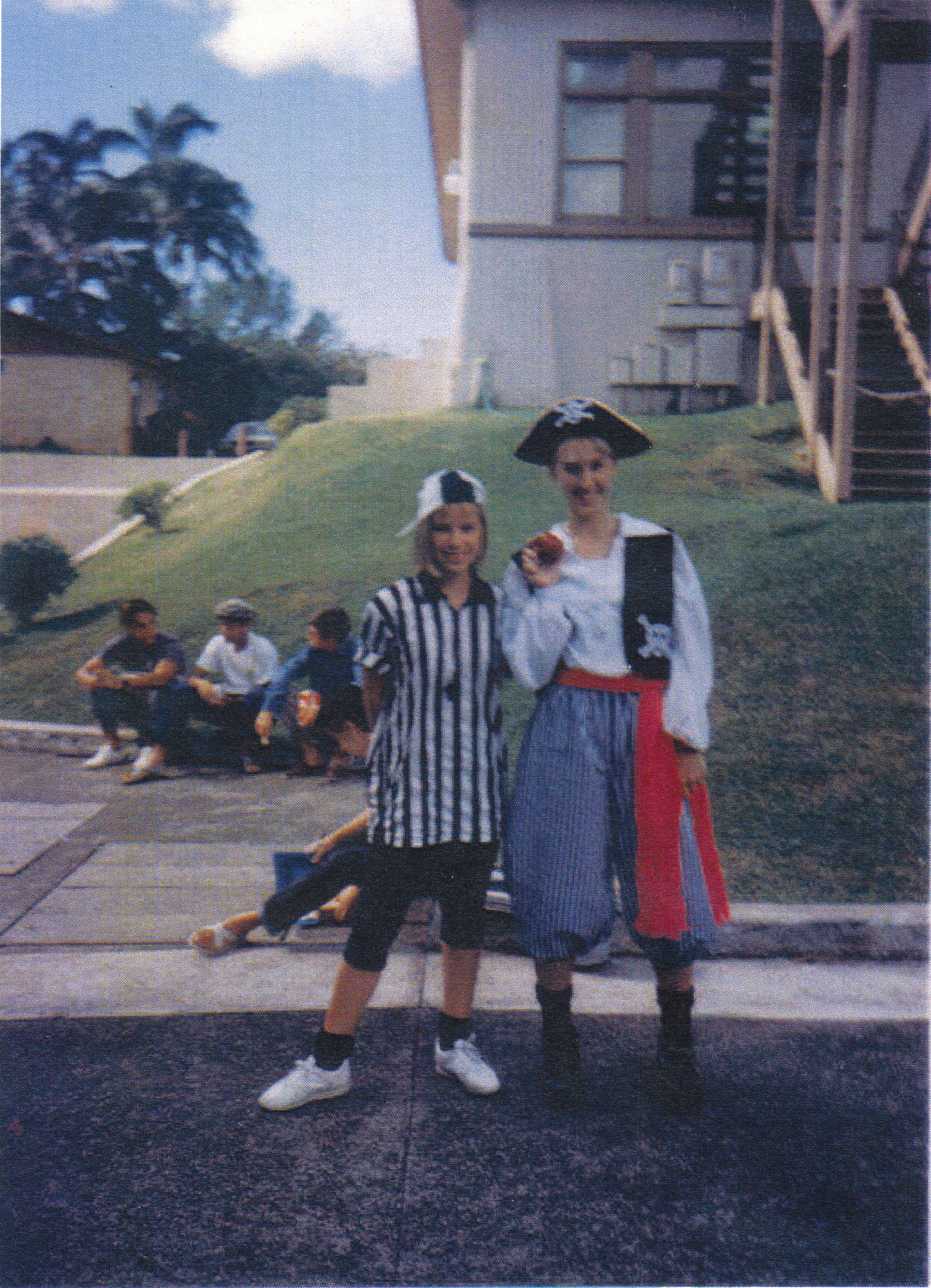Trick or Treat Somewhere Else


At this time of year, it’s also common for people to dress up in costumes at work or at school, extending their Halloween celebrations beyond just the day itself. At HBA, however, costumes and Halloween decor will be absent because the school prohibits students and staff from celebrating Halloween during school hours.
According to vice principal Ryan Frontiera, because Halloween is associated with Satanic ideas, the school believes that commemorating it would be inappropriate for a Christian school. He adds that it also gives children a chance to act out by participating in behaviors that aren’t considered acceptable in the school community. “An example of this is the way so many people use this [occasion] to dress up in sexualized costumes,” he explains. “Also many of the organizations and churches that support the school don’t find this holiday as amazing as most kids do.”
Students and teachers who disagree with HBA’s no-Halloween policy say that students should be allowed a little freedom to have fun and express themselves. Junior Lauren Lee looks at both sides of the issue and believes that HBA has good intentions but is overreacting. “Rules restricting costumes like demons or devils would be understandable, but I don’t particularly see what exchanging candy or wearing cat ears has to do with religious matters,” Lee says.
[one_third]Junior Lauren Lee
[/one_third]Many students look at Halloween as a fun-filled, candy-eating time to hang out with friends. Student council President Isabel Wiemken says that Halloween for her is simply about candy and costumes. However, high school Principal Marsha Hirae says her belief on Halloween has changed over the years. “When I was a child,” she said, “it meant dressing up in a costume and going around the neighborhood collecting candy. Then as an a parent, I learned about the origin of Halloween and had my children participate in [alternative] Fall Festival activities sponsored by churches.”
Chemistry teacher Michael Hu, who thinks students should be allowed to dress up for Halloween at school, says, “I believe that celebrating Halloween would engender school spirit and create memories that could last a lifetime. School spirit cannot be shoe-horned into only Spirit Week and Spike Night. We should fan the flames of school spirit at every opportunity.”
About twenty-five years ago, HBA actually allowed students to come to school in costumes during Halloween season. Counselor and alumna Jennifer Marshall recalls, “It was fun to dress up. It was something different and added a bit of fun to the day,” she said.
Frontiera says that the school has considered the fact that dressing up could be fun, but because some students and families could feel uneasy about this holiday, the school is keeping to its decision to not allow Halloween celebrations at school. When asked if she would dress up for Halloween at HBA if she was allowed to, sophomore Camille Oga says, “As one of the few introverted people in my grade, I wouldn’t want to dress up, but as long as the other students are happy and I am not required to, I wouldn’t mind.”
In spite of the school’s policy, many students who are planning on going out to trick-or-treat are unfazed. Wiemken says, “I am looking forward to this Halloween because I’m going to go get some candy with my friends, then go to the Haunted Plantation. It’s going to be really fun; I can’t wait!”
